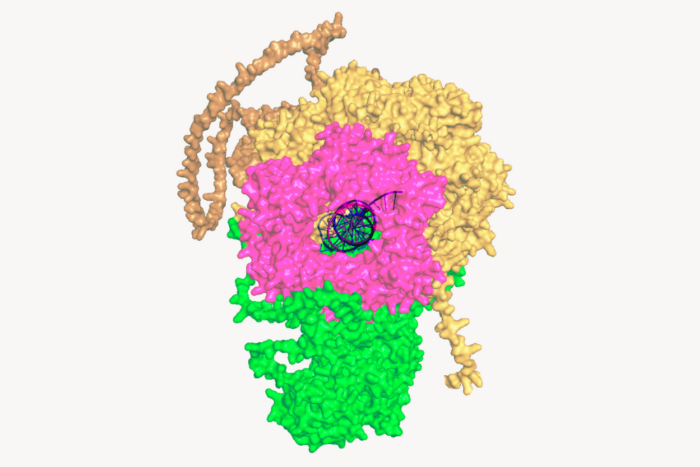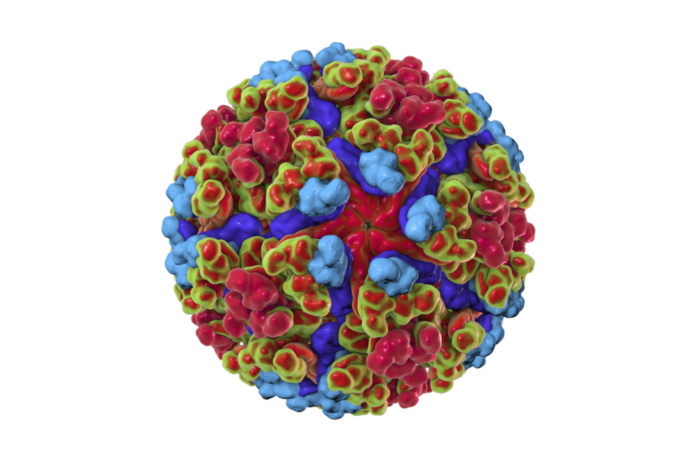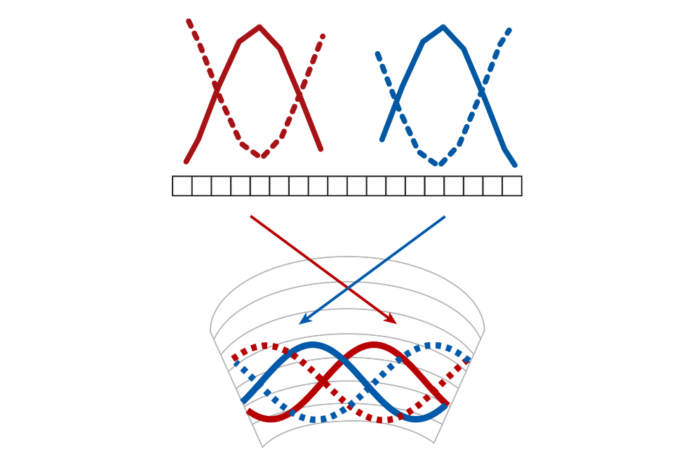Ted Scovell named director of university’s science outreach program
For some high school students, summer is a time for travel, camping and lying on the beach. But for others, it’s the perfect opportunity to study an HIV coreceptor or a nuclear pore protein. The director of Rockefeller University’s Science Outreach Program, Ted Scovell, can help with that. A former high school teacher himself, Scovell works to give new generations of young scientists access to the facilities — and mentors — that can take them well beyond the frogs and earthworms of their high school classrooms. Scovell, who joined the university this spring, succeeds Bonnie Kaiser, who retired last year.
Though armed with an impressive science pedigree — as an undergraduate at Harvard University he studied ants with Edward O. Wilson in the 1980s — Scovell didn’t initially go into science or teaching. He spent 11 years as a portfolio and hedge fund manager at big-name firms including Morgan Stanley, First Boston and J.P. Morgan before getting his first taste of teaching as a substitute in the town of Monteverde in Costa Rica, where he was spending a sabbatical. “After that experience, I just couldn’t go back to my old job,” says Scovell. The following year he took a teaching job at Friends Seminary in Manhattan, and stayed there for the next 12 years.
Rockefeller’s Science Outreach Program introduces academically promising high school students, as well as K–12 teachers, to the rigors of basic research by matching them with laboratories and mentors for two summers. Founded in 1992, the program has graduated 761 students and 101 teachers, and an estimated 10 percent of students go on to place in the Intel Science Talent Search and other prestigious science fairs. Scovell himself is an Outreach alumnus, having spent a summer in the lab of Richard and Jeanne Fisher Professor Michael W. Young, where he studied the genetic basis of circadian rhythms in fruit flies. The next summer he was paired with Donald W. Pfaff, in whose lab he used oxytocin knockout mice to study the effects of hormones on behavior.
“Ted has been on both sides of the equation, as a teacher and as a student of the scientific process,” says Sidney Strickland, vice president for educational affairs and dean of graduate and postgraduate studies. “Both experiences inform his approach to science education in a way that will greatly benefit the Outreach Program.”
Among other initiatives, Scovell has introduced a critiquing component to the STRAW (Scientific Reading and Writing) course the students take; he has scheduled regular sessions for Outreach teachers to share with each other techniques that have worked or not worked for them; and he has introduced courses on basic lab skills and scientific thinking, as well as evening social events throughout the summer. “It can be scary when you go into a lab for the first time and someone hands you a pipette and you don’t know what to do with it, or you spend the first week stabbing gels and generally feeling clumsy and awkward,” says Scovell. “By learning basic skills together as a group beforehand, the students can feel more confident when they split off to join their individual labs. It will also help provide more of a sense of community from which they can draw support, to share the joys and frustrations of the scientific enterprise from their own perspective.”
Applications to the university’s Summer Science Outreach Program are accepted each fall until mid-January For more information, visit www.rockefeller.edu/outreach.


